Sri Lanka has decided to impose a one-year moratorium in allowing foreign vessels to conduct research in the island nation's territorial waters, Foreign Minister Ali Sabry has said, amidst frequent docking requests from Chinese surveillance ships.
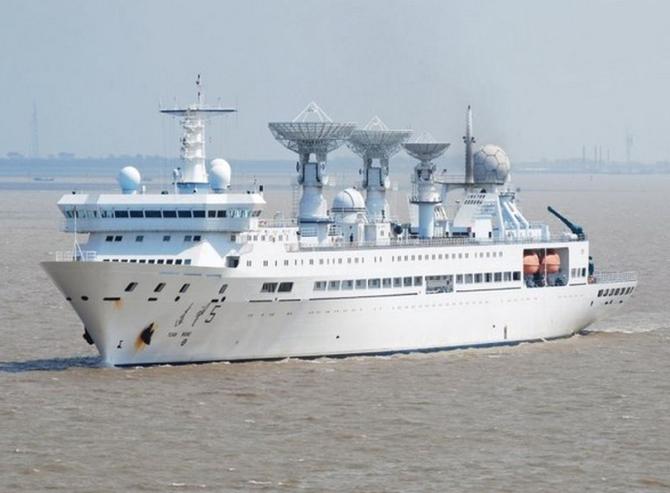
The Sri Lankan government has taken such a decision and communicated it to the relevant countries, Sabry told the Daily Mirror newspaper.
The decision has been taken in the wake of China seeking permission to berth yet another research vessel in Sri Lanka's waters in January, next year, the report said.
China despatches its research/surveillance vessels to Sri Lanka regularly. In August this year, the Chinese People's Liberation Army Navy warship HAI YANG 24 HAO arrived in the country on a two-day visit.
Chinese Survey and Research Vessel 'Shi Yan 6' docked at Sri Lanka's Colombo port in October despite India's objection and carried out research activities along with the National Aquatic Resources Research and Development Agency (NARA) on the water column of the Indian Ocean.
In August last year, a port call by the Chinese ballistic missile and satellite tracking ship, 'Yuan Wang 5', which arrived in the Sri Lankan port of Hambantota elicited strong reactions from India.
There were apprehensions in New Delhi about the possibility of the vessel's hi-tech tracking systems attempting to snoop on Indian defence installations while being on its way to the Sri Lankan port.
However, after a considerable delay, Sri Lanka allowed the ship to dock at the strategic southern port of Hambantota, being built by a Chinese company.
Sabry said the government had announced a 12-month moratorium on research vessels from any country starting from January, next year.
"That is for us to do some capacity development so that we can participate in such research activities as equal partners," he said.
Sri Lanka is also facing elections next year and seeking to act without antagonising any country in its dealings with matters of geopolitical significance, the newspaper said on Tuesday.
Sri Lanka has also evolved the Standard Operating Procedure (SOP) for foreign military vessels and aircraft arriving in the country, Sabry said.
The foreign minister also said the guidelines set under the SOP had been sent to all the countries that deployed their vessels to Sri Lankan waters during the last 10 years.
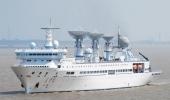
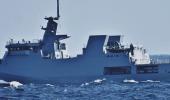

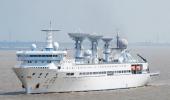



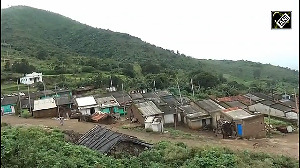
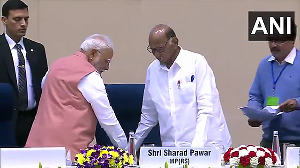

 © 2025
© 2025